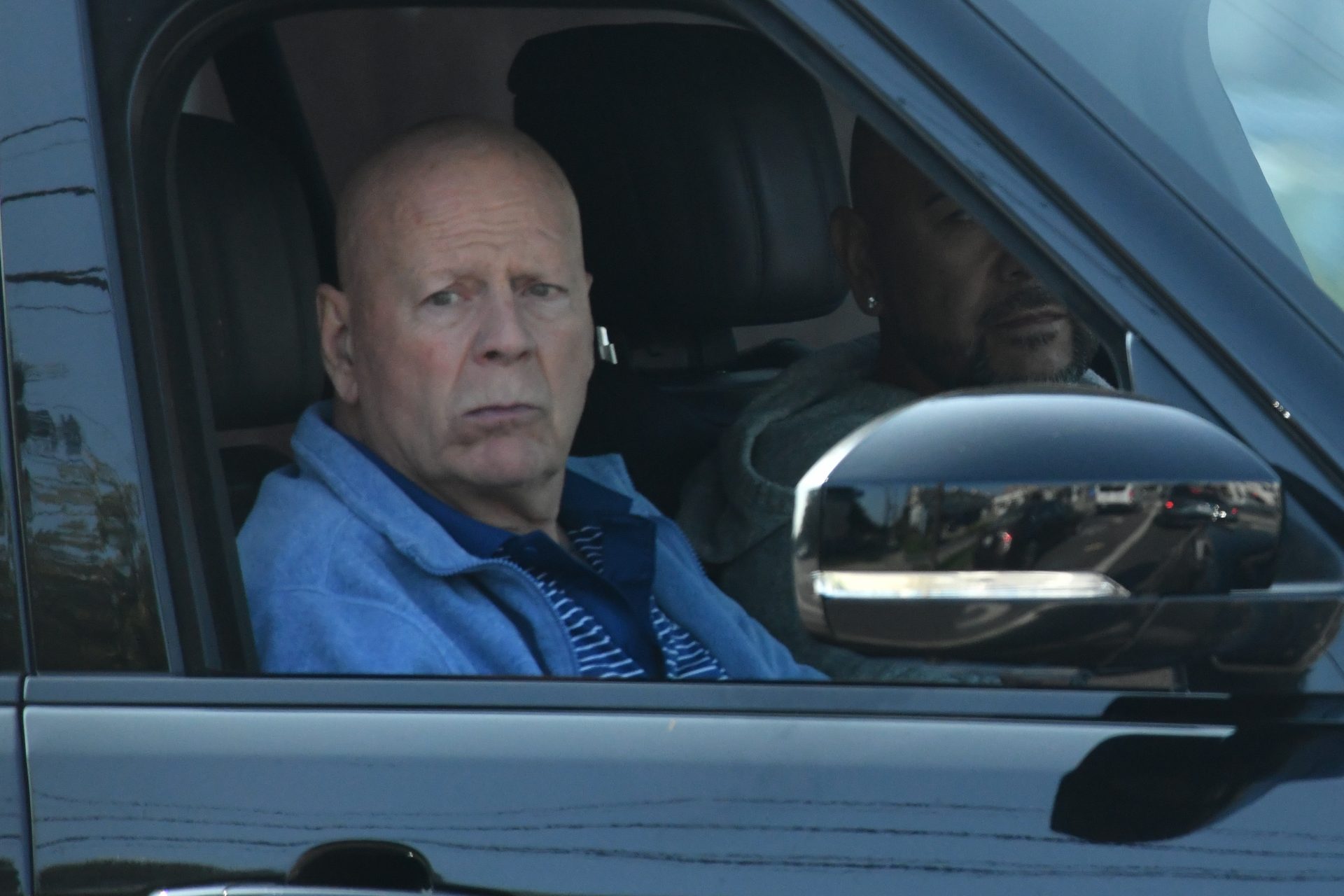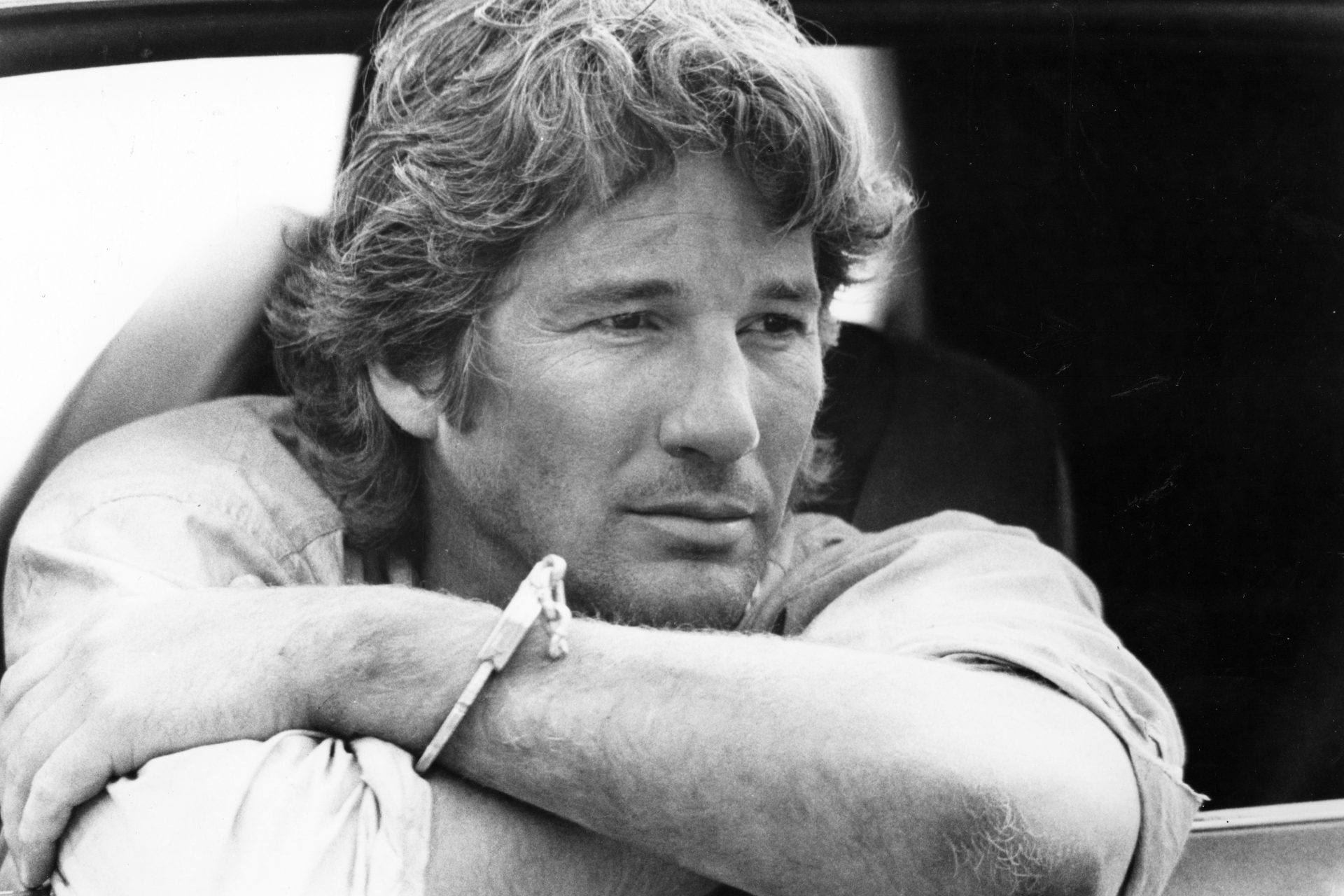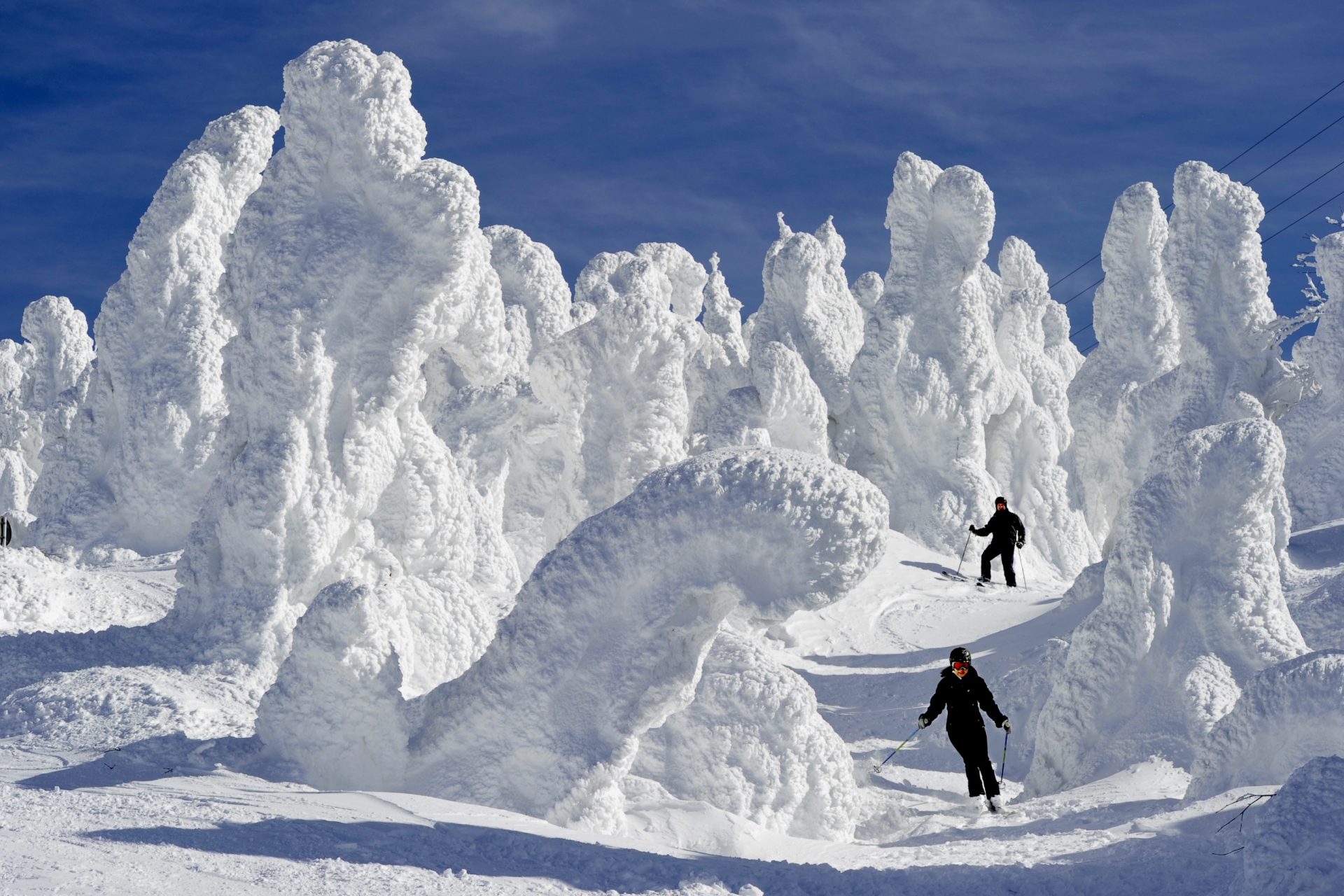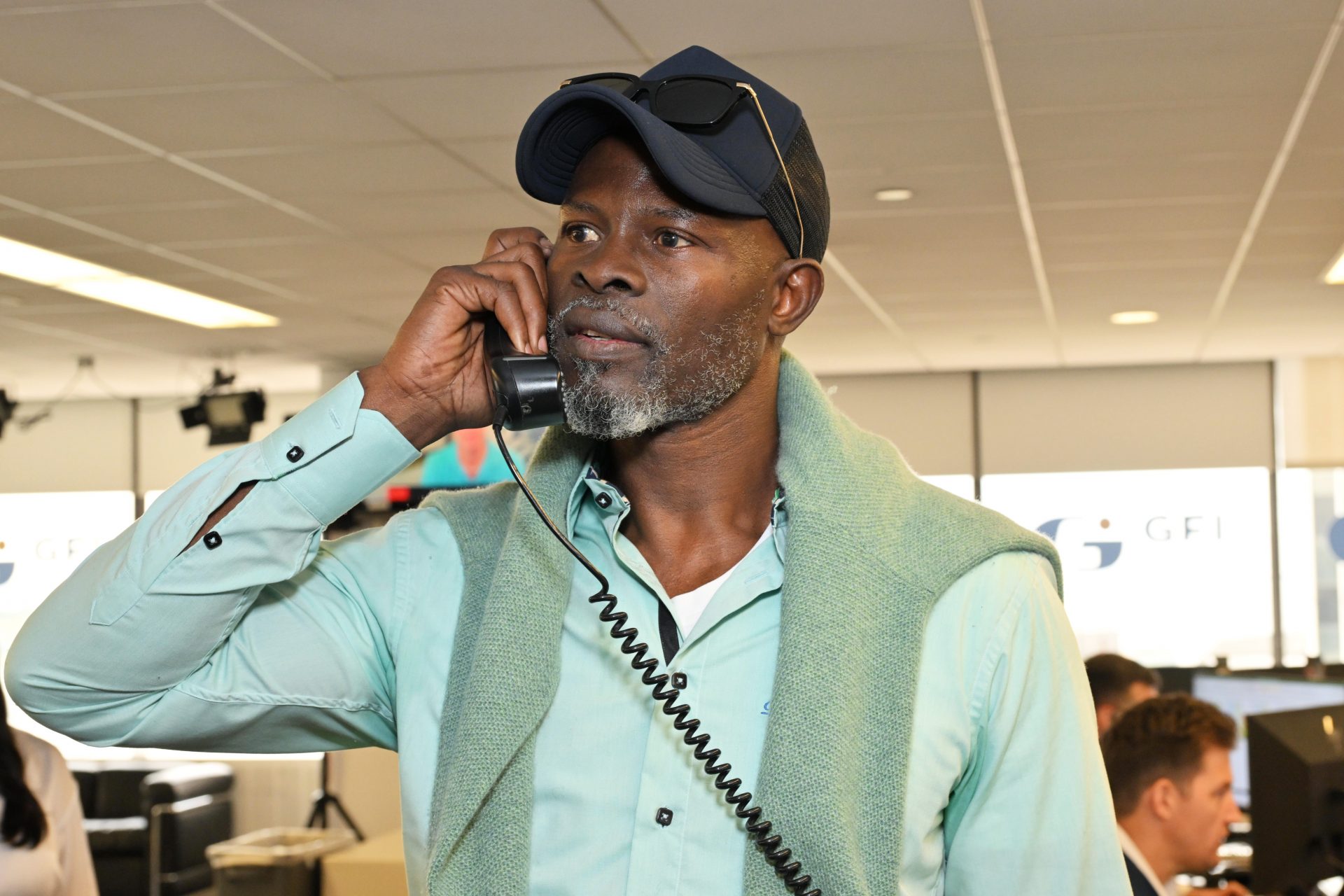The concerning predictions the movie 'Wall-E' was right about
While 'The Simpsons' is famous for some of its premonitory scenes, there is a movie that has checked all the boxes in terms of foreseeing things. In 2008, the Pixar movie 'Wall-E' predicted very accurately what the future of humanity could look like.
Picture: Pixar
Directed by Andrew Stanton and produced by Pixar (Disney), the film depicts a dystopic future that has turned out to be more real than we thought.
According to an analysis by Bloomberg, the details portrayed in the society of 'Wall-E' in 2008 are, sadly, very similar to the truth.
As Stanton himself admitted to Bloomberg: "I usually enjoy being right, but not in this instance. I didn't want to be right on so many things in this movie." So, let's see which predictions 'Wall-E' was right about.
Picture: Pixar
To begin with, and as shown in the first scenes of the film, Wall-E's work is to compress and put away trash cubes and create high constructions of garbage with them.
Picture: Pixar
In the real world, the planet is overflown with garbage. The countries in charge of handling it are on the edge of collapsing.
Picture: Muhammad Numan / Unsplash
In the United States only, each citizen produces 1,704 pounds of garbage per year, as revealed through an investigation by consulting firm Verisk Maplecroft. If we consider the world's entire population, we're talking of an outrageous amount of solid waste.
Picture: John Cameron / Unsplash
In the movie, the humans that are producing that insane amount of garbage are also constantly glued to their screens. They only interact with other humans online.
Picture: Pixar
Pixar CEO and technology guru Steve Jobs served as an inspiration for Andrew Stanton's characterization of human interaction with technology. In fact, the film's director had the opportunity to see the iPhone a year before it was launched.
In the movie, Earth has collapsed and climate change has made the planet inhabitable. Humans are space tourists that only move while sitting in their hoverchairs. There are similarities with present-day real life. More and more, people are relying on their cars, electric bikes, and hoverboards, even to go to the supermarket around the corner.
Picture: Pixar
The lack of physical activity, their diet based on smoothies, and the use of hoverchairs cause the people in the movie to suffer from obesity.
Picture: Pixar
Every aspect of the spaceship where humans live is designed to keep them entertained and only consume products from Buy'N'Large, the company that controls everything in the dystopian universe of 'Wall-E'.
Picture: Pixar
The similarities are scary if we reflect on what is happening in the real world. The planet is suffering the first symptoms of climate change, we spend hours and hours on our smartphones, and meal-substituting smoothies are a trend - a total score for 'Wall-E'.
Picture: Rohit Tandon / Unsplash
The story of the film begins when 'Wall-E' finds the only plant left on the planet and tries to look for a healthy environment for it to grow. Although the situation is not as critical as in the movie, deforestation is indeed a concerning problem in today's world.
Picture: Pixar
The spaceship that Wall-E gets on in the film is called Axiom. Coincidentally enough (wink, wink), the spacecraft used in the first tourist space journey by SpaceX, Elon Musk's company, was called 'Axiom Mission 1'.
Picture: Pixar
But Elon Musk is not the only technology tycoon referenced in the movie. The company that is in control of everything in Wall-E's world, Buy'N'Large, is inspired by Jeff Bezos' Amazon. We can say that the choice of Amazon as an inspiration was a premonitory decision because, when the movie was released in 2008, Amazon wasn't the corporate giant it is now.
Picture: Pixar
In the film, Buy'N'Large is the owner of the spaceship Axiom. Just like Musk with his SpaceX, Jeff Bezos owns Blue Origin, a company that offers trips to space for people who have enough money to afford them.
Despite being labeled as a Pixar masterpiece for children (which it is), the truth is that 'Wall-E' has given us a glimpse of what the future could look like if we don't do something to prevent its worst developments.
Picture: Pixar
The good news is that we may still have time to save the planet. The bad news is that Wall-E won't be able to help us fight climate change.






























